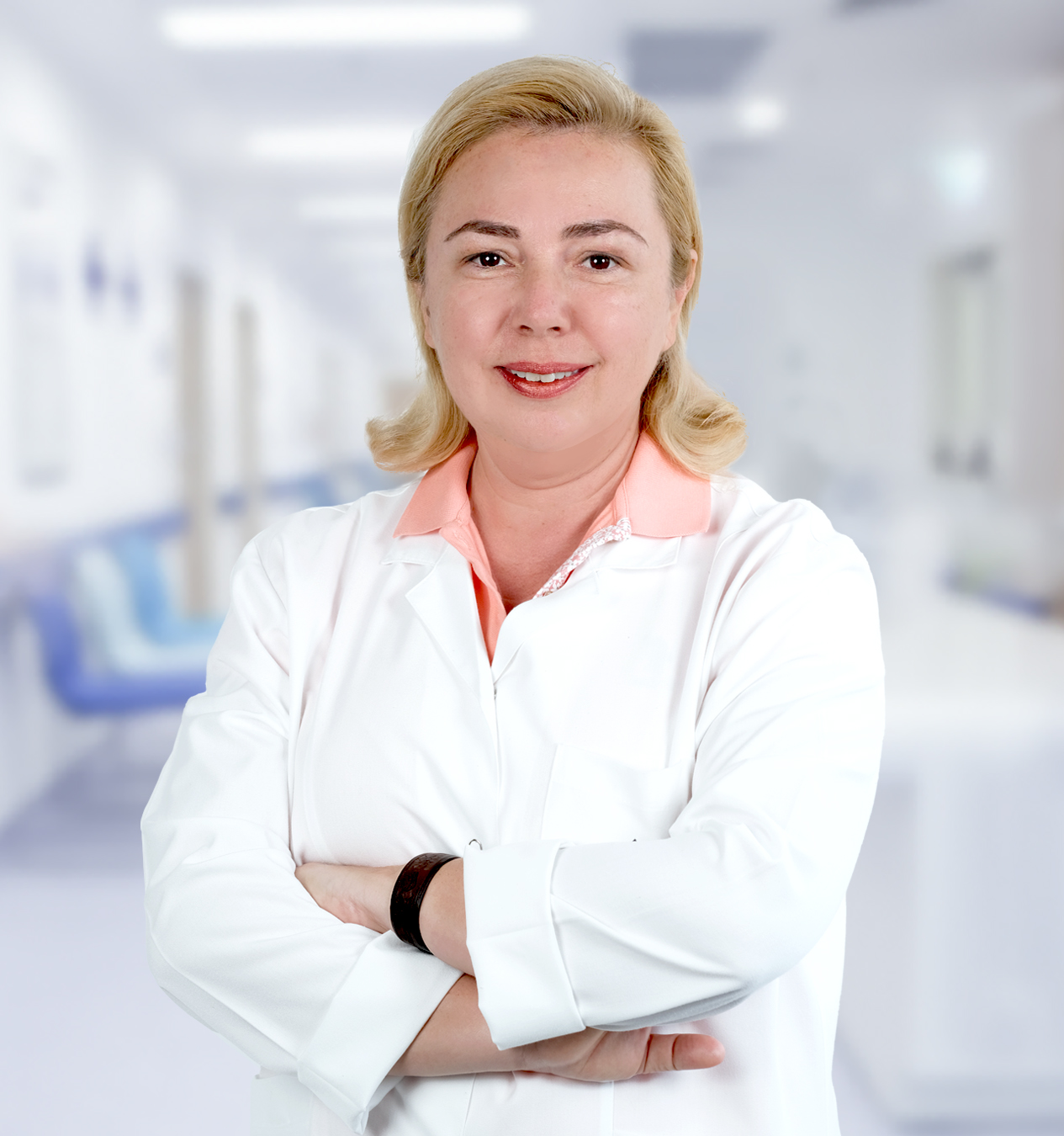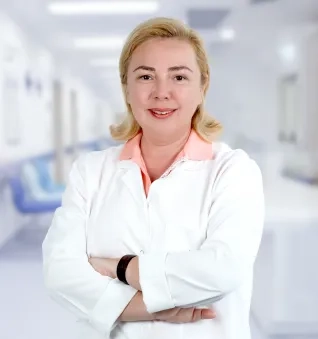Alo Yeditepe
Alo Yeditepe
Genetic Testing Directs Our Health
Current advances in genetic testing are rapidly preventing the transmission of genetic mutations from generation to generation or genetic diseases that occur by chance, while the secrets of cancer are slowly being solved. Medical Genetics Specialist Assoc. Prof. Dr. Ayşegül Kuşkucu stated: “Although it is not possible to cure genetic diseases at this stage, as the mechanisms of genes continue to be discovered, there will be developments in this regard.''
Genetic science also makes diagnosis and treatment possible or easy with its studies on this smallest unit that can be transferred from generation to generation. Thanks to rapid developments in health technologies, preventive medicine approaches, which are predicted to increase in the coming years, are also emerging thanks to genetic tests. While giving information about genetic tests, the Head of the Medical Genetics Department of Yeditepe University Hospitals Assoc. Prof. Dr. Kuşkucu also added: “It should not be forgotten that no living thing can guarantee that another living thing will be 100 percent healthy.''
Both Diagnosis and Prevention Can Be Taken
The first goal in the emergence of genetic tests is to make a diagnosis! When development in a child does not go normally or growth does not occur as expected, the underlying cause can be determined by genetic tests. In the process, including the family, it can be determined which gene caused the problem. Although it is not possible to cure genetic diseases at this stage, it is thought that as the mechanisms of genes continue to be discovered, there will be improvements in this regard. When one of their children develops a genetic disease, parents question the likelihood of the disease in the next child or children. In such cases, genetic tests are not used for diagnosis, but for preventive purposes. Stating that preventive genetic tests are applied in the prenatal period, Assoc. Prof. Dr. Ayşegül Kuşkucu gave the following information: “In previous years, tests were carried out while the baby was in the womb. If a genetic disease was detected, the only option available to the family was to terminate the pregnancy. Thanks to advancing technology, this is no longer needed. In families with a genetic disease, more than one embryo is collected by the IVF method, and it is determined which one does not carry that genetic disease. Thus, it can be ensured that the embryo that does not carry the genetic disease in question is placed in the womb without the need to perform procedures that may cause miscarriage."
There Are New Approaches to Cancer Genetics
Reminding that intensive researches are carried out to solve the secret of cancer in medical science today and to calculate how it will behave, Assoc. Prof. Dr. Ayşegül Kuşkucu: “In this way, it is revealed that the cancer cells have different genetics than the structure of the body. The results also give the tumor's genetic differences the chance to choose unique treatments. The word mutation means “nonpositive changes in DNA.” However, detecting mutations in the cancer cell through genetic tests is a positive finding due to the presence of appropriate drugs. This is referred to as individualized medicine. When we have more information about genes in the future, we will be able to offer drugs specific to the genetic structure of the person for diseases other than cancer.”
Preventive Treatment Can Be Applied
Genetic tests are used for the preventive diagnosis of some familial cancers. In addition to looking at the genetics of the tumor in some types of breast, ovarian, and large intestine cancers, the oncologist, or general surgeon who follows the patient can think that the disease will be familial, considering the age of the occurrence of cancer, the region where it is located, the pathological structure of the tumor and the family history. In this case, the patient and his family are referred to the Genetic Diagnosis Center. Familial cancer panels are examined in the person diagnosed with cancer. If the inherited cancer gene is found; siblings, children, and other at-risk family members are identified. Counseling is provided to those who have not yet developed cancer. They may be able to do genetic testing to determine if the hereditary cancer gene exists. If the person has this test and is found to carry the mutated gene afterwards; preventive treatments, early diagnosis and treatment with earlier or more frequent follow-up can be offered.
New Generation Tests Fast and Practical
The new generation of genetic testing methods does not require looking at the genes involved in each genetic disease one by one and in order. Today, the whole genome can be sequenced at once and the genes that can cause the disease can be checked and diagnosed. Assoc. Prof. Dr. Ayşegül Kuşkucu stated, "With the new generation methods, prenatal genetic diagnostic tests can be applied without requiring interventional procedures. Although there is no genetic disease in the family, only blood can be taken from all expectant mothers, and the risk of genetic disease in their babies can be determined. Families who have seen a risk in routine screening tests and do not want to have an amniocentesis (fluid intake from the baby's environment) due to the risk of miscarriage can benefit from the ‘Noninvasive Prenatal Diagnosis’ test. In this test, genetic diseases such as Down syndrome (Trisomy 21), Trisomy 18, and Trisomy 13 can be screened by examining the free DNA of the baby in the blood taken from the mother."
Couples are Becoming More Aware in Our Country
Stating that couples apply to them before having children against the risk of having a genetic disease in their children, Assoc. Prof. Dr. Ayşegül Kuşkucu also remarked that although consanguineous marriages are common in our country, couples are more conscious of this issue than in the past. “We have test panels that we offer for consanguineous marriages and screen for recessive strain diseases. Approximately 600-700 genetic diseases can be screened. If a genetic disease carrier is identified, couples are offered two options. These are prenatal genetic diagnosis or preimplantation genetic diagnosis.”
Press Coverage: sabah.com | gazetevatan.com | beyazgazete.com | yeniakit.com | timeturk.com
About
Faculty and Year of Graduation:
Istanbul University Faculty of Medicine, 2001
”
See Also
- What is Genetic Testing? In Which Situations Is It Performed?
- Genetic Tests in Cancer
- Paternal Prostate Cancer is a Risk Factor for Breast Cancer in Daughter
- The Game of Chromosomes
- Cancer Predisposition Can Be Determined With This Test
- The Vicious Cycle of Generations with SMA Can Be Overcome with Screening Tests
- Genetic Diseases Can Be Detected by a Blood Test in the Womb
Alo Yeditepe




